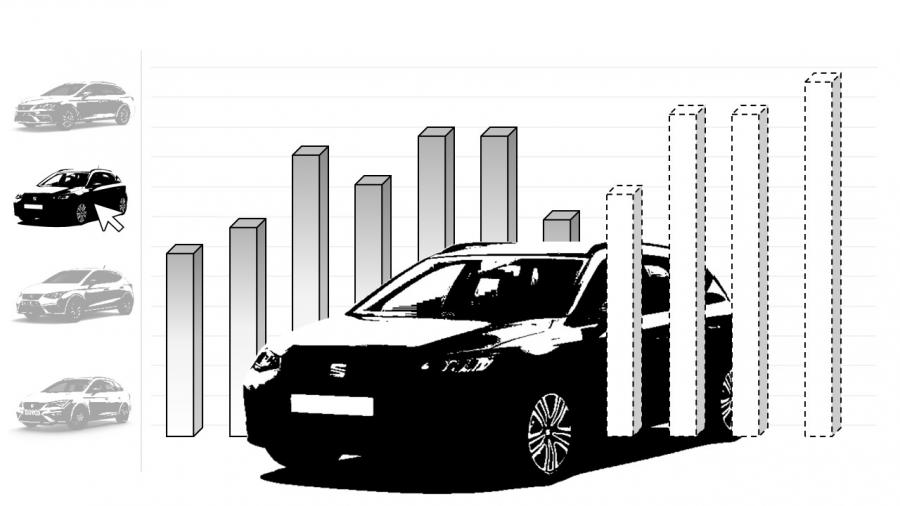A First Proposal Towards Anticipatory Shipping Implementation In Automotive Manufacturing Through Machine Learning And Optimization

This research is framed in collaboration with SEAT S.A., a Spanish car manufacturer which is seeking to deliver the expected vehicle by the customers in the shortest timeframe, named Anticipatory Shipping. This problem is not exclusive to a particular company, but it is shared by multiple actors. Additionally, it has also gained the attention of academia producing literature. The review of the existing state-of-the-art conducted us to find a research gap that this thesis attempts to fill in. The investigation focuses on logistics, demand prediction, online data, and manufacturing optimization.
The proposed solution starts from the easiest to the most complex cost of implementation in the current company's operation. Firstly, it commences by redirecting already manufactured stock cars to destinations where they are expected to remain for shorter durations. Several Machine Learning classification algorithms have undergone testing to determine the most suitable one. Results equal or improve the decisions made by the experts of the company. Following this, an exploration into customer behavior was initiated using data obtained from the company's Car Configurator webpage. This online platform enables users to browse the company's entire product lineup and select their preferred vehicle. This thesis demonstrates that data collected from this tool serves as a reliable source of information for discerning users' purchasing intentions. The process involves comparing the obtained outcomes with various demand prediction models, which may or may not incorporate Car Configurator data, filtering the data by eliminating anomalous values and employing heuristic search algorithms such as genetic algorithms. The objective is to pinpoint the subset of online data with the highest predictive capacity. Ultimately, the findings from this final phase are utilized to adjust the attributes of the cars within the manufacturing pipeline. This optimization approach has effectively mitigated the discrepancy between the stock composition and the anticipated demand.
Presently, this research has yielded with presentations at three globally recognized congresses, along with a publication in a top-quartile indexed journal, and additional documentation awaiting release. This work is partially funded by the Department de Recerca i Universitats of the Generalitat de Catalunya under the Industrial Doctorate Grant DI 2019-34.